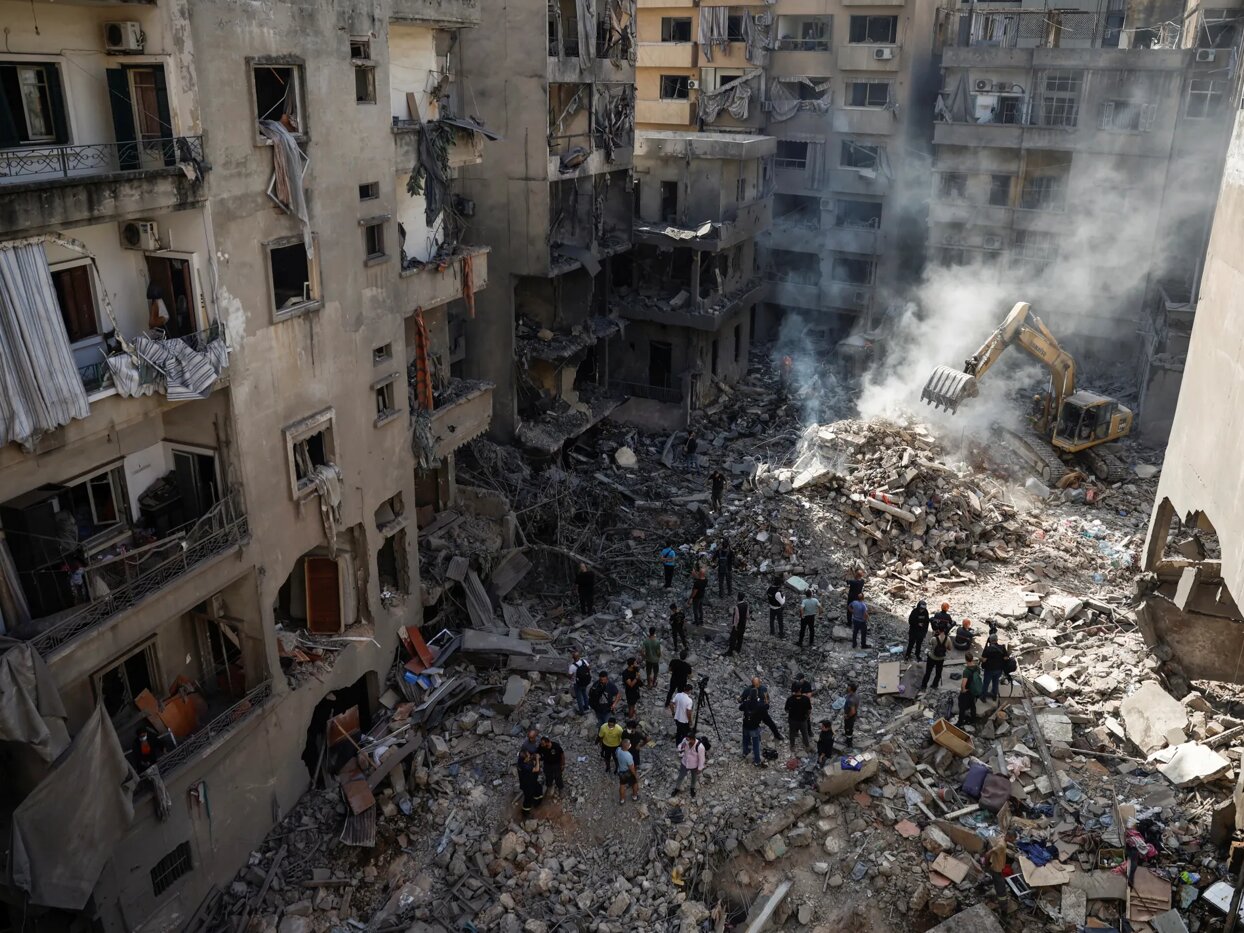
Similar Posts
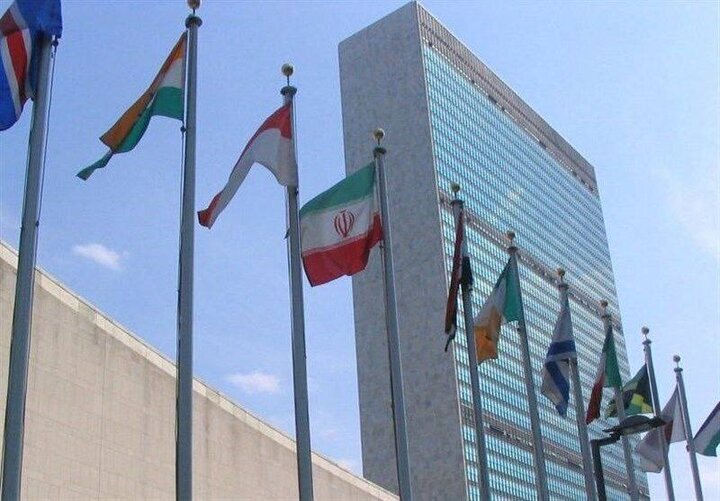
Iran Engages in Crucial Negotiations to Tackle Key Concerns
The Iranian government has reiterated its commitment to a peaceful nuclear program while rejecting any coercive negotiations aimed at dismantling it. In a statement, Iran emphasized that discussions addressing concerns about potential militarization could be considered, but not if they undermine Iran’s sovereignty. Supreme Leader Ayatollah Khamenei criticized “bullying governments” for insincere diplomatic efforts, asserting that past negotiations, particularly during the Obama administration, resulted in unfavorable outcomes. Iran views its nuclear capabilities as a source of national pride and technological advancement. The future of negotiations hinges on mutual respect and acknowledgment of Iran’s rights amid ongoing tensions with Western powers.
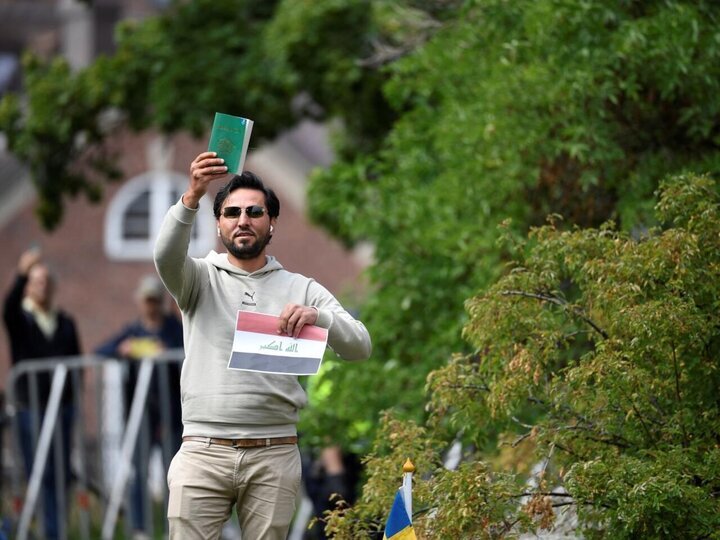
Controversial Quran Burner Salwan Momika Killed in Sweden: Shocking Developments Unfold
Salwan Momika, a 38-year-old man known for controversial Quran burnings, was found shot in Hovsjo, Sodertalje. He died from his injuries, prompting an ongoing police investigation. Authorities have detained one suspect for questioning. Momika gained notoriety after burning the Quran as a protest, leading to significant backlash, including protests in Iraq and diplomatic tensions with Sweden. Following the incidents, he faced legal charges for “agitation against an ethnic group.” The shooting has sparked discussions on freedom of expression, community relations, and the need for responsible protest, highlighting the complexities of multicultural coexistence in Sweden.
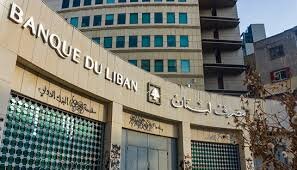
Washington’s Bold Moves: Interfering in Lebanon’s Central Banker Selection
Following the election of Joseph Aoun as President and Nawaf Salam as Prime Minister, the political landscape in Lebanon is rapidly changing amid ongoing U.S.-led military operations in the region. The U.S. is intensifying pressure on Lebanon to diminish Hezbollah’s influence, particularly targeting the financial sector and the appointment of a new Central Bank governor. The U.S. is actively reviewing candidates for this role, emphasizing the need to combat Hezbollah-linked financing. Meanwhile, France supports businessman Samir Assaf for the position. The situation underscores Lebanon’s struggle for autonomy as international powers shape its governance and economic future.
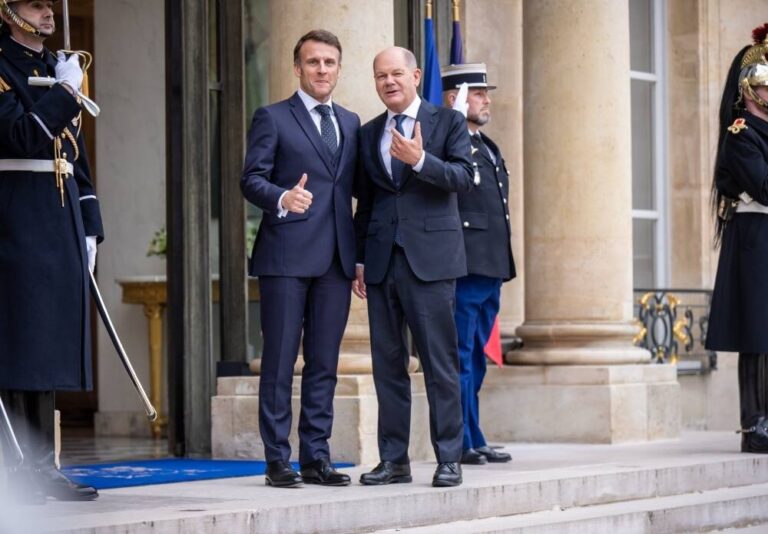
Macron and Scholz Urge for a Resilient Europe in Response to Trump’s Presidency Challenges
French President Emmanuel Macron and German Chancellor Olaf Scholz met in Paris to address potential U.S. tariffs under President Trump, emphasizing the need for European unity. During their working lunch, they highlighted the strength of the Franco-German partnership and the importance of a cohesive European response to external threats. Macron called for a “united, strong and sovereign Europe,” while Scholz noted Europe’s significant economic presence. Both leaders acknowledged the challenges posed by Trump’s transactional approach to trade. Their discussions reflect the urgency for collaboration amidst political vulnerabilities at home and the evolving landscape of international trade relations.
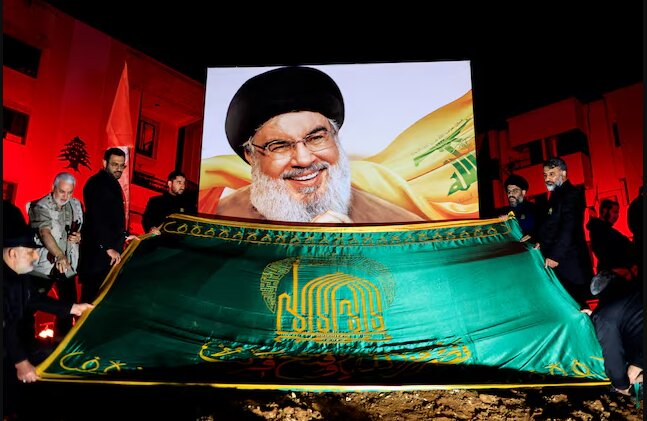
Hezbollah Plans Grand Farewell: Mass Funeral for Leader Nasrallah in Lebanon
On September 27, Hezbollah leader Hassan Nasrallah was assassinated in an Israeli airstrike, marking a critical moment in the Israel-Hezbollah conflict. Nasrallah, a revered figure, had transformed Hezbollah into a significant military force. His assassination raises concerns about the group’s future and regional stability. Following his death, Hashem Safieddine briefly led Hezbollah before also being killed, highlighting vulnerabilities within the organization. Nasrallah’s funeral in Beirut is expected to galvanize supporters. Analysts are closely watching Hezbollah’s next moves, as the loss of leadership could lead to internal strife and shifts in strategy, impacting the broader Middle Eastern landscape.
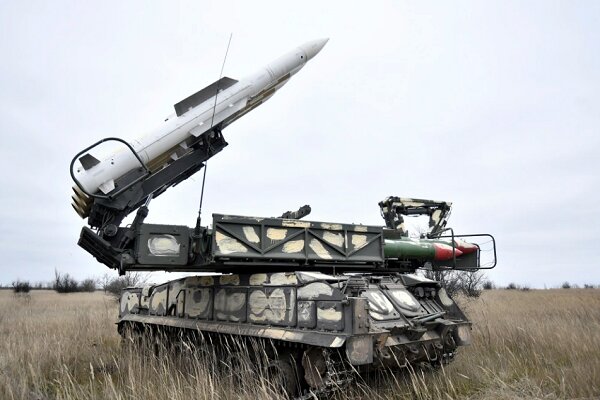
Explosive Leak Unveils US Tactics to Extend Russia-Ukraine Conflict
Recent documents reveal that the United Nations Security Council (UNSC) allegedly planned covert operations to support Ukraine against Russia, using tactics inspired by Iraqi insurgents, including improvised explosive devices (IEDs). The plans, outlined in a “playbook,” aimed to enhance Ukraine’s military capabilities while avoiding direct U.S. and NATO engagement. Strategies included covert military actions, cyberattacks, and the use of “smart” bombs targeting civilian infrastructure. The collaboration involved various U.S. intelligence agencies and proposed training programs for advanced weaponry. These revelations raise ethical concerns about international organizations’ roles in warfare and could significantly impact U.S.-Russia relations and global geopolitical dynamics.